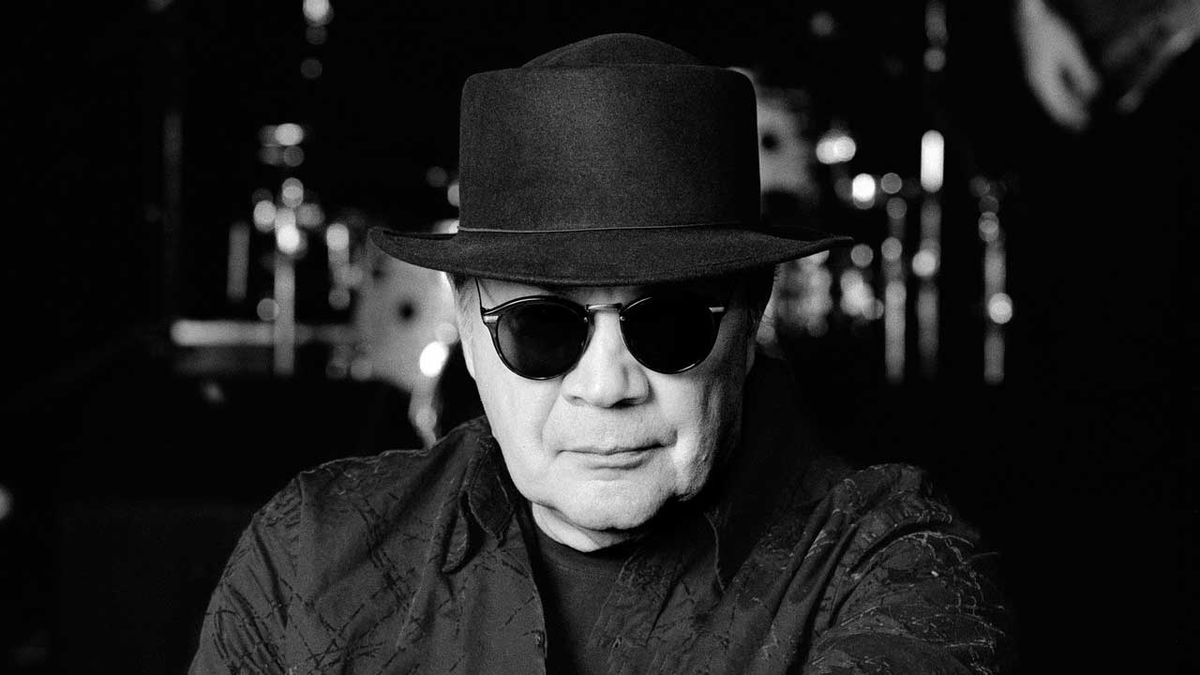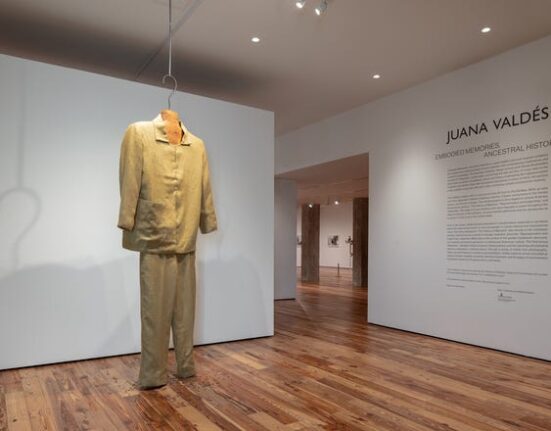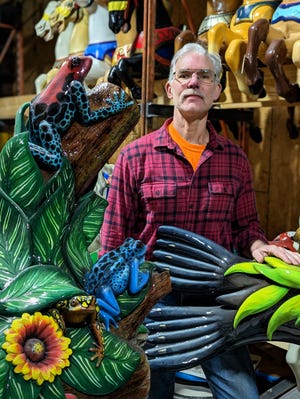It’s been nearly six decades since Mitch Ryder & The Detroit Wheels drove Jenny Take A Ride into the US Top 10. The group lasted less than four years, but Ryder, now 79, is still pushing the pedal to the metal.
His robust career in Europe, particularly Germany, continues with The Roof Is On Fire, a two-disc set recorded in there that’s more incendiary than you’d expect from an elder statesman.

Why this live album?
I was celebrating my seventy-fifth birthday, and that particular group and I had been working together for about thirty years in one form or another. It’s a two-hour show, without intermission.
How do you still do that at your age?
I don’t know [laughs]. It’s kind of tough to do, but what the heck. You get used to it. I don’t know if it’s in the genes or what.
The album is interesting in that it doesn’t include any of the Detroit Wheels’ sixties hits. What’s your relationship to those songs now?
They’re songs about energy, because lyrically there’s nothing there to be had. I don’t do any of those songs overseas. And in America I can’t do any of my European songs, cos no one knows them. It’s kind of a schizophrenic career, then? It feels like an alternative career. I can have an ongoing creative career [in Europe], and [in America] nobody’s willing to touch me, either because I’m too old or my time’s come and gone. It’s crazy how disposable artists are in America, and [in Europe] they treat artists with a ton more respect and follow them from beginning to end.
What’s next?
In August I’m going to Memphis to do a studio album for the same label [Ruf Records], and that’s where all my attention is going now. They want, to quote them, an “American album”, elements of rock and rhythm and blues. That to me describes what I was doing with the Detroit Wheels early on. That’s what I’m gonna attempt to give them, but it’s gonna be tough. You can’t try to duplicate that energy you had as a teenager. So it’s a real challenge.
That was the sound of your hits.
I kind of dread having a hit record, because my credibility as an artist disappears when that happens. I’ve been there, so I kinda know what it feels like, and everything changes. I’ve been lucky in that I never had to abandon the ‘artist’ title, because I never had a lot of commercial success with the twenty-plus CDs I’ve recorded [in Europe], and there’s some real gems in there.
You’ve been working on a stage musical, too. How’s that coming along?
It’s called Hide Your Love Away, and it’s been laying on the shelf for a good seven, eight years – on a shelf, what I call the treasure chest. When I die it’s one of those chests my wife will open to live on. There’s also an album in there that’s finished and not released.
You don’t want the musical to be produced while you’re alive?
No. I think it can be interpreted in so many ways. Some people are gonna read it and throw it in the trash, but there’s gonna be one person who will understand the vision. There’s got to be somebody as bat-crazy as me in this world that, given that property, would do it probably the same way I would do it. Hopefully she’ll find him, or her.
The Roof Is On Fire is out now via Ruf.







